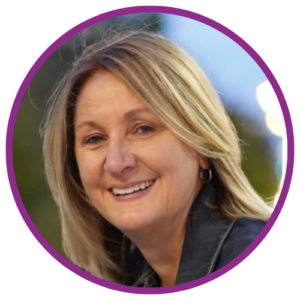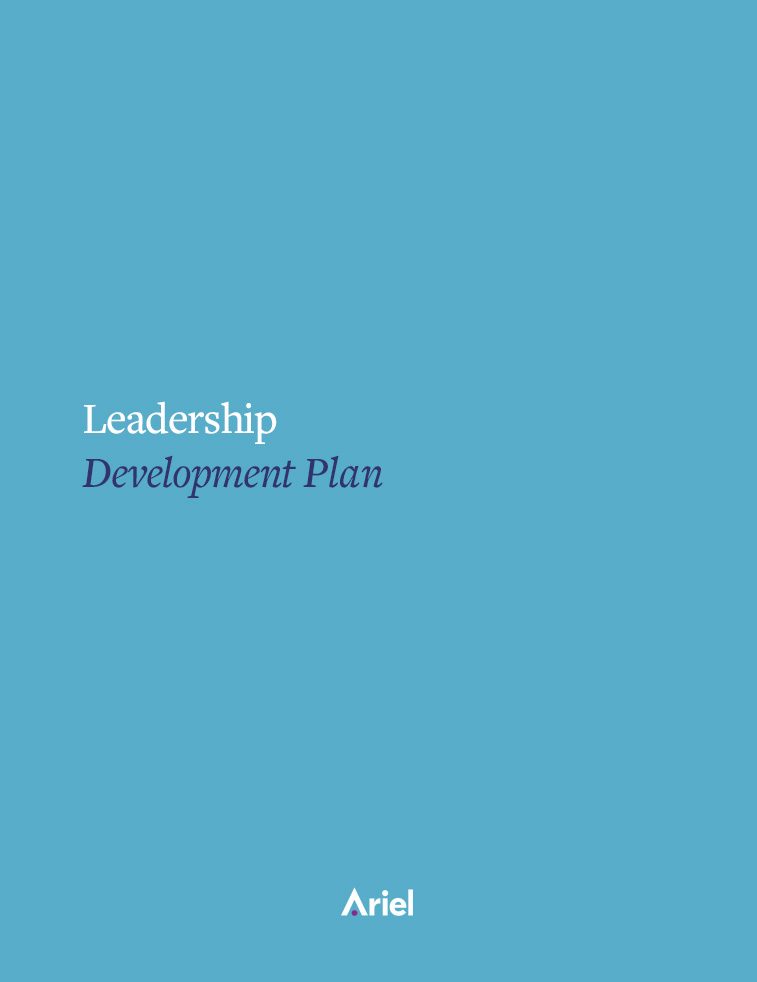Guiding Executives Through Change

Change is inevitable, but navigating it effectively is not.
Leadership is a journey of continuous growth, adaptation, and transformation–for leaders and their teams. Which is why Deb Skarda, former critical care nurse, pharmaceutical and healthcare executive, and executive coach, emphasizes reflecting on change while advancing through leadership roles.
She encourages her coachees to envision themselves and their team in the future and ask: “What story are you making up? What assumptions do you have?” Asking probing questions about their future roles, their team’s development, and organizational needs helps leaders reflect on their path forward.
How to Embody the Change You Want to See
Most senior leaders are incredibly busy. They are biased towards action and rarely take the time to pause. But when they aspire to advance in their organization, it’s important to take time to pause, reflect, increase self-awareness, and think differently.
Deb Skarda believes that the probing nature of executive coaching is one way leaders can build in time to reflect. She encourages leaders to plot their professional narrative three to five years ahead, asking, “When you’re in X position, what will that look like for you? What new or additional perspectives will be needed?” She challenges them to consider not just their personal narrative, but also their boss’s and key stakeholder’s potential narrative.
Some questions to ask: What would they be thinking if they were in their boss’ position? Stakeholders’ position? How would they be acting differently? What new perspectives might be needed? What could help them move to the next level?
Coaching the Future: Beyond Individual Development
Deb Skarda asks probing questions to leaders she works with. Especially in times when leaders are transitioning to new leadership roles, she urges them to think about the different perspectives of their team. If an executive is moving from leading a team of 60 to leading a team of 560, she urges them to begin to think of the different data points No one has optics on everything that’s going on in an organization. How will they gain insights into what’s happening deeper or other areas that will impact or be impacted by decisions or deliverables?
Deb helps clients develop themselves, but what she aims to do is help them develop their entire organizational ecosystem. She emphasizes, “as a leader, your responsibility is future focused – for everyone, for the business.”
She pushes leaders to develop and prepare themselves and their potential successors. She believes that being future-focused is “not only thinking about yourself and your aspirations but how are you preparing your team and organization as you move forward?” For her that means creating opportunities for direct reports.
She asks leaders to look at 2-5 people who could be their successor and figure out:
- What skills, exposure, or introductions do they need?
- Where could they build awareness and what feedback do they need to get there?
- What kind of coaching do they need? Do they need an external coach?
Deb Skarda’s Coaching Philosophy: Authentic Partnership
At the core of Deb Skarda’s executive coaching is partnership. She sees herself as a thought partner who asks thoughtful questions and occasionally shares relevant personal experiences. Because of her healthcare and nursing background, she emphasizes to clients that their coaching relationship is confidential.
Deb focuses on coaching the whole person so that they can thrive both professionally and personally. Part of her coaching process is setting tangible milestones for coachees so that they can see their progress.
About Deb Skarda

Deb has been a coachee, a senior leader who supported coaching for her direct reports, and now is an executive coach. She views her coaching practice through these three lenses to help her clients manage change, work though “thought traps”–like negative or cyclical thinking–, and maintain a future-focused attitude.
She has worked with clients in organizations like Abbott, AbbVie, Children’s Wisconsin, and Chamberlain University, among others, to support their leaders.
